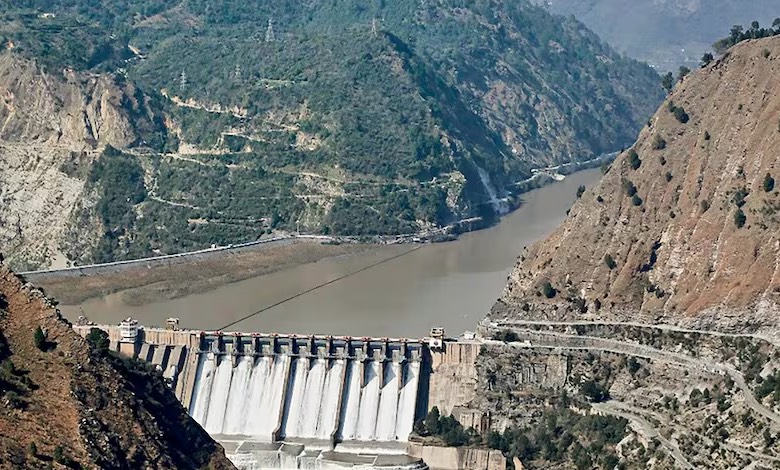
At a United Nations conference focused on glacier preservation in Dushanbe, Tajikistan, India sharply rebuffed accusations from Pakistan’s Prime Minister Shehbaz Sharif regarding the suspension of the Indus Waters Treaty. Speaking at the event on Friday, Sharif described India’s decision to suspend the treaty as a “unilateral and illegal” move that jeopardizes millions of lives for political gain, labeling it a “weaponization of water.” He emphasized that Pakistan would not tolerate any violation of its water rights under the 1960 agreement, which governs the sharing of the Indus River system’s waters.
India’s Minister of State for Environment, Kirti Vardhan Singh, countered these claims, asserting that Pakistan’s support for cross-border terrorism undermines the treaty’s implementation. Addressing the plenary session, Singh argued that Pakistan’s actions, particularly its alleged backing of terrorism, violate the treaty’s spirit and obstruct its effective execution. He urged Pakistan to cease deflecting blame onto India for the treaty’s suspension, which was enacted as a punitive measure following the April 22 terrorist attack in Pahalgam, Jammu and Kashmir, that killed 26 civilians.
The Indus Waters Treaty, signed in 1960 with the World Bank as a signatory, allocates the waters of the Ravi, Sutlej, and Beas rivers to India, while Pakistan receives the majority of the Indus, Jhelum, and Chenab rivers’ flows. India’s suspension of the treaty came in response to the Pahalgam attack, which New Delhi attributes to Pakistan-based terrorist groups. As part of its retaliatory measures, India launched Operation Sindoor on May 7, conducting precision strikes on nine terrorist sites in Pakistan and Pakistan-occupied Kashmir. The Indian Ministry of Defence described the operation as “focused, measured, and non-escalatory,” avoiding Pakistani military installations.
Pakistan’s military claimed the strikes resulted in the deaths of 26 civilians, a figure disputed by India, which maintains the targets were terrorist infrastructure. Tensions escalated further as Pakistan responded with drone and mortar attacks, leading to a ceasefire agreement on May 10 after negotiations between the directors general of military operations from both nations. Despite the ceasefire, the treaty remains in abeyance, with India conditioning its reinstatement on Pakistan’s verifiable cessation of support for cross-border terrorism.
Sharif’s remarks at the UN conference reflect Pakistan’s ongoing concerns about the treaty’s suspension, given the country’s heavy reliance on the Indus River system for agriculture and hydropower. India, however, continues to assert that Pakistan’s actions necessitate the treaty’s suspension, highlighting the deep-seated tensions between the two nations. The exchange at the UN summit underscores the broader diplomatic and security challenges in the India-Pakistan relationship, with both sides standing firm on their positions.
